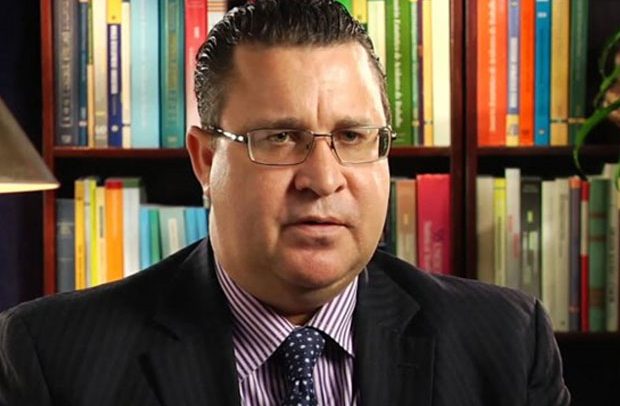Pierre Laporte, World Bank Country Director
THE WORLD Bank has affirmed its forecast of 5.5 per cent expansion for the Ghanaian economy this year.
According to the Africa Pulse Report, the figure is higher than the Sub-Saharan African average of 3.6 per cent.
The forecast is ahead of the International Monetary Fund (IMF)/World Bank Spring meetings, the Bretton Wood institution.
The World Bank, however, expressed worry about the country’s debt sustainability problems, which it described could erode gains going forward.
It said the higher commodity prices are projected to support both recovery in the extractive sectors and boost exports and fiscal revenues.
It added that the moderate performance of economic growth reflects debt management problems that are still looming on the economy, with few prospects for improvement.
“In Ghana, the economy is projected to pick up pace in 2022, growing by 5.5%, then slowing gradually to 5% in 2024, lower than the pre-pandemic average growth, which was around 7%. This moderate performance reflects debt management problems that are still looming on the economy, with few prospects for improvement.”
“Additionally, Ghana, Ethiopia, Malawi, and Mozambique fell short of replicating the success of most non-resource-rich countries in part because of elevated debt levels, and in some cases insecurity. In Ghana and Malawi, the disappointing performance underscores the poor management of public finances and, the need for significant growth enhancing reforms,” it said.
The Bretton Woods institution also commented on the Electronic Transaction Levy (E-levy) whose implementation will take off from May 1st, 2022. It said though the tax is expected to increase the tax base by generating about $1.1 billion in revenue, these efforts are not enough to address the country’s debt sustainability problems.
“To return to its pre-pandemic consolidation trajectory, the Government of Ghana proposed reforms that promote fiscal and debt sustainability. After resistance from the opposition, the Parliament approved the E-Levy tax of 1.5% on digital transactions. The proposed tax is expected to increase the tax base by generating US$1.1 billion in revenue in 2022. Nevertheless, these efforts are not enough to address the country’s debt sustainability problems.”

